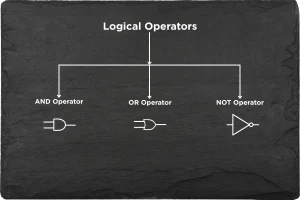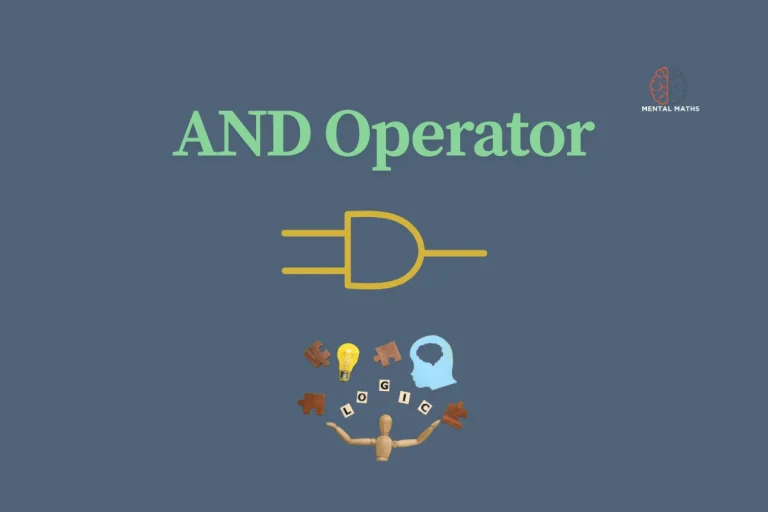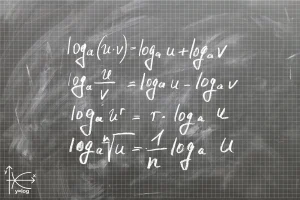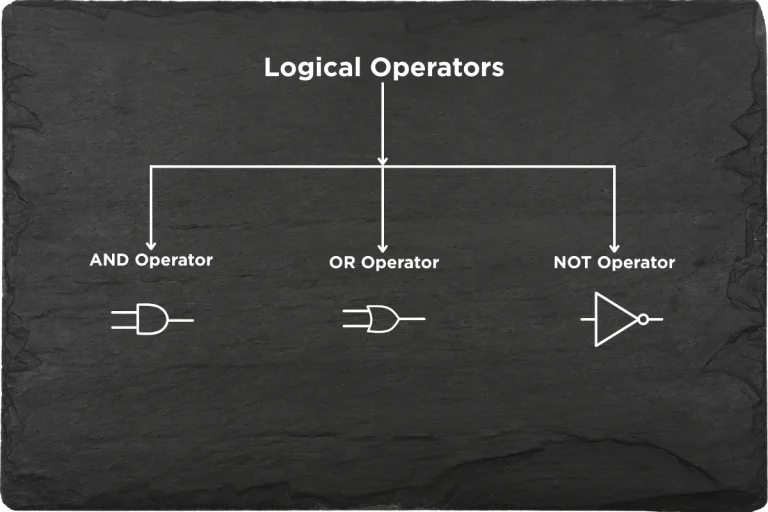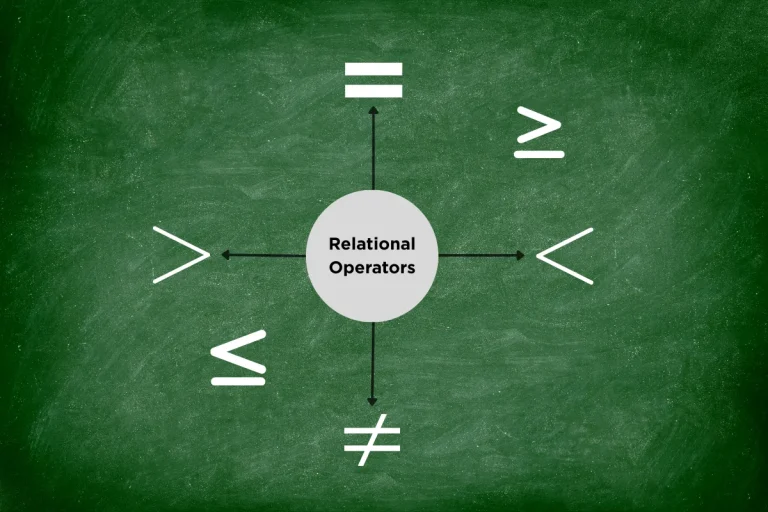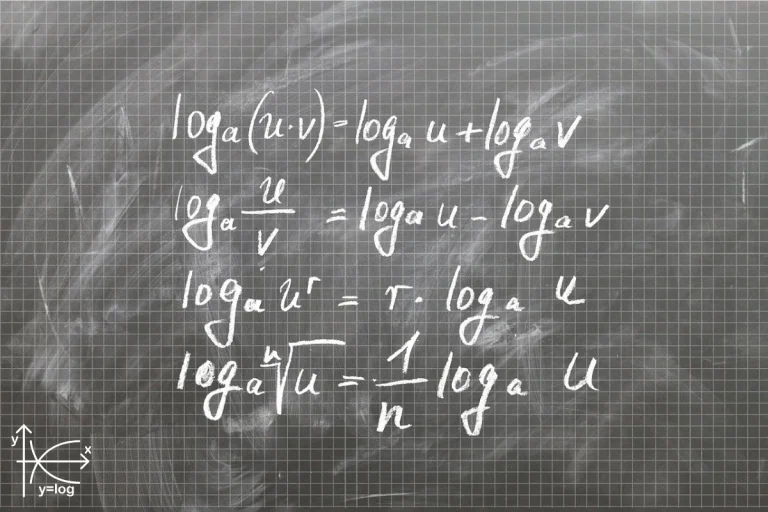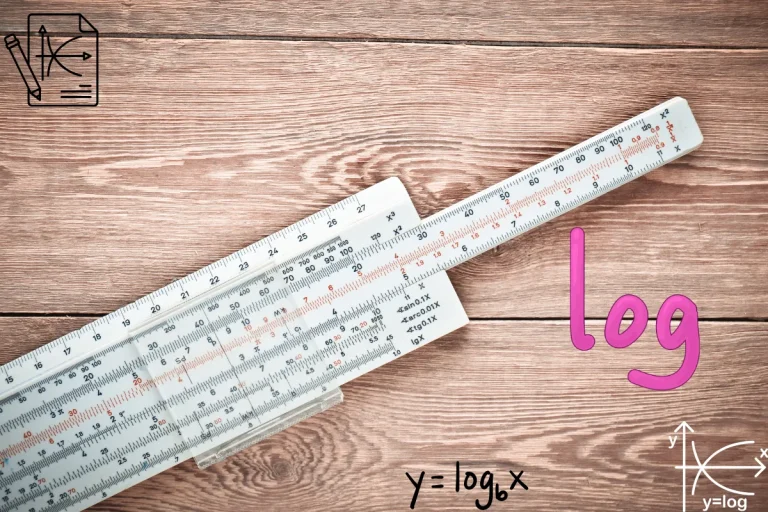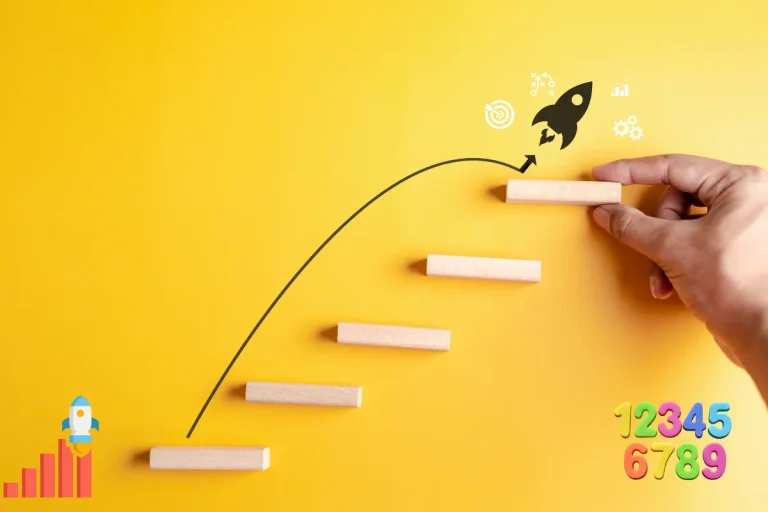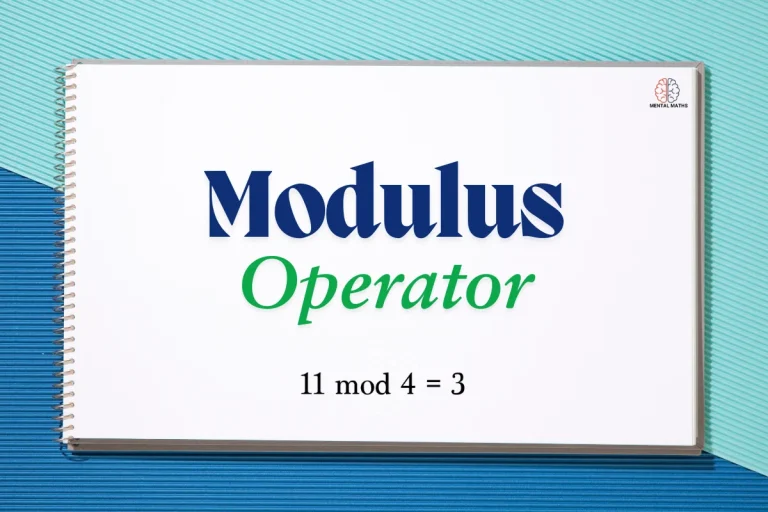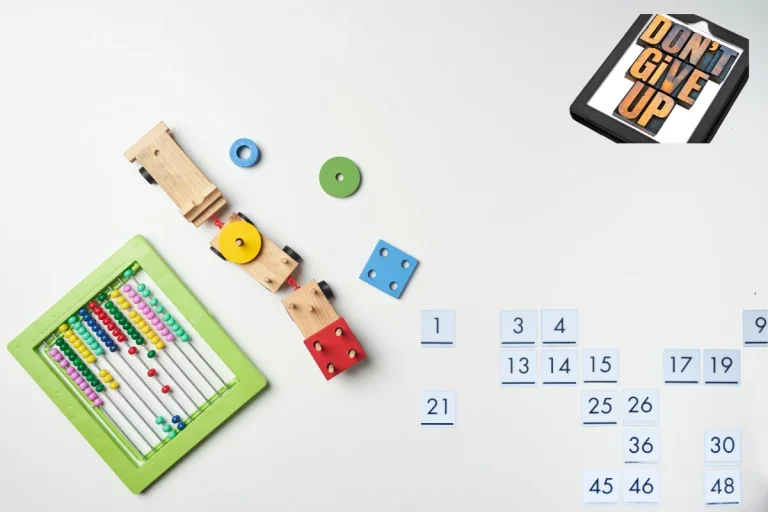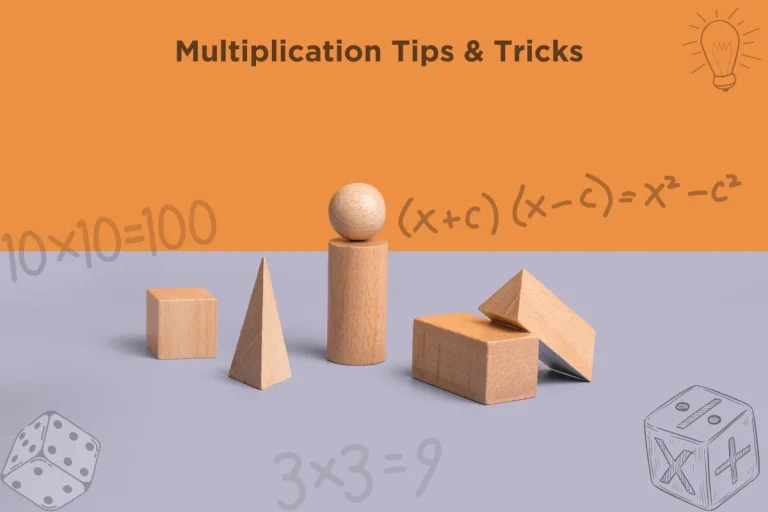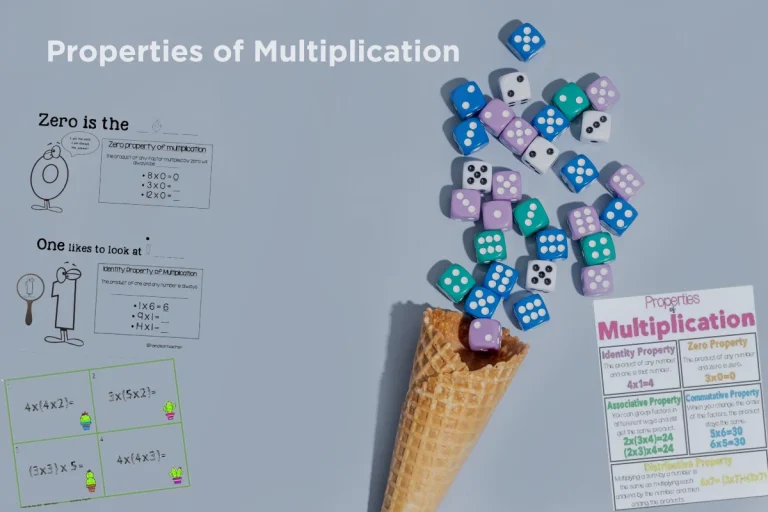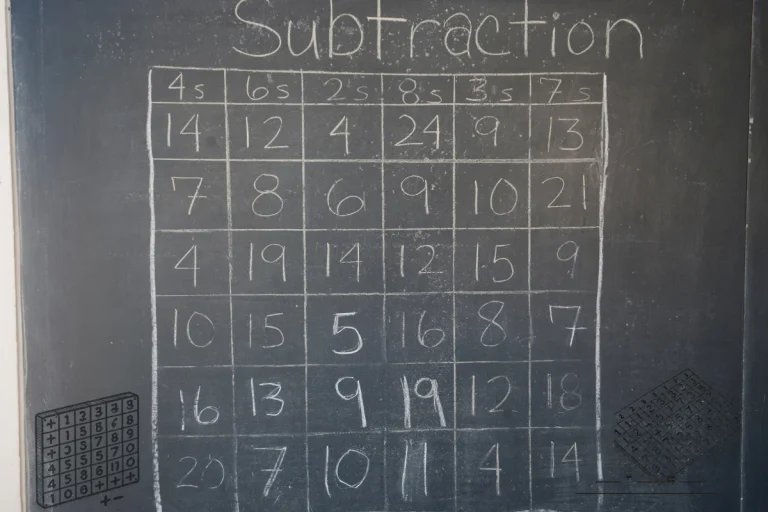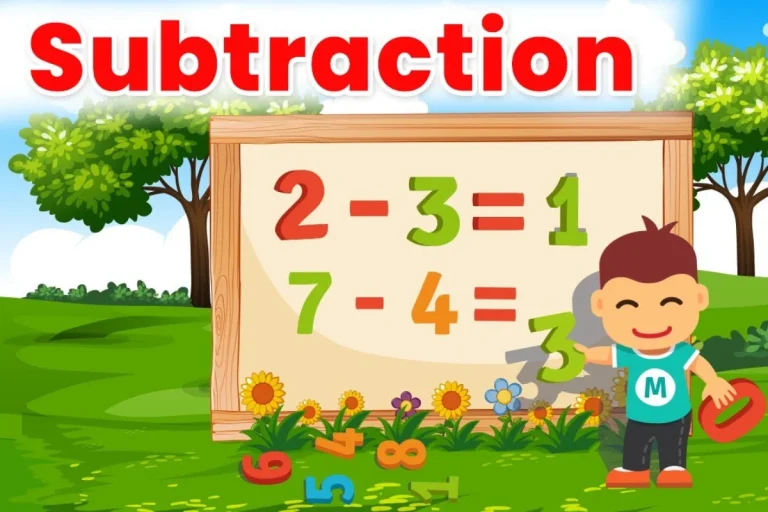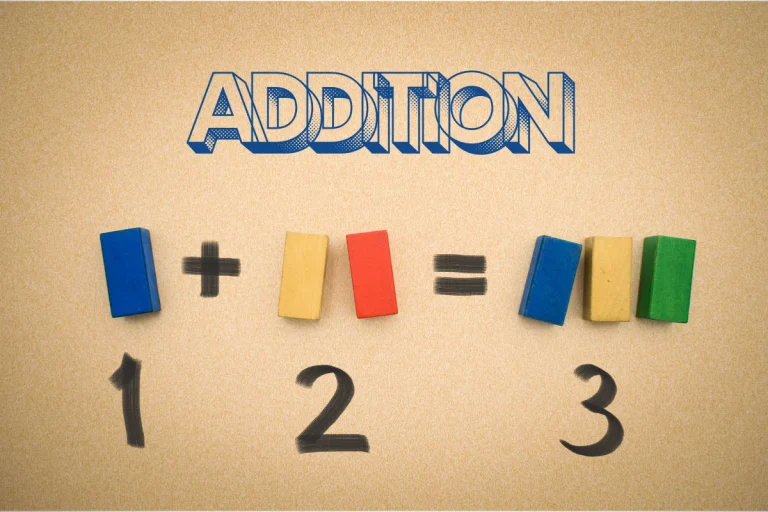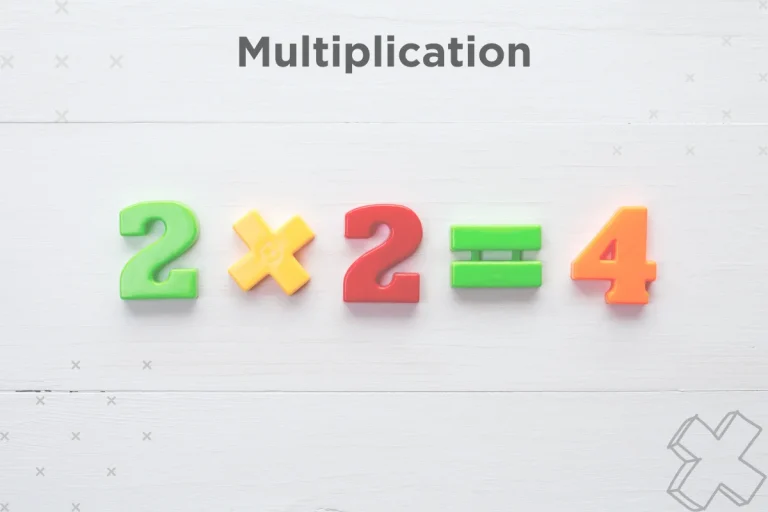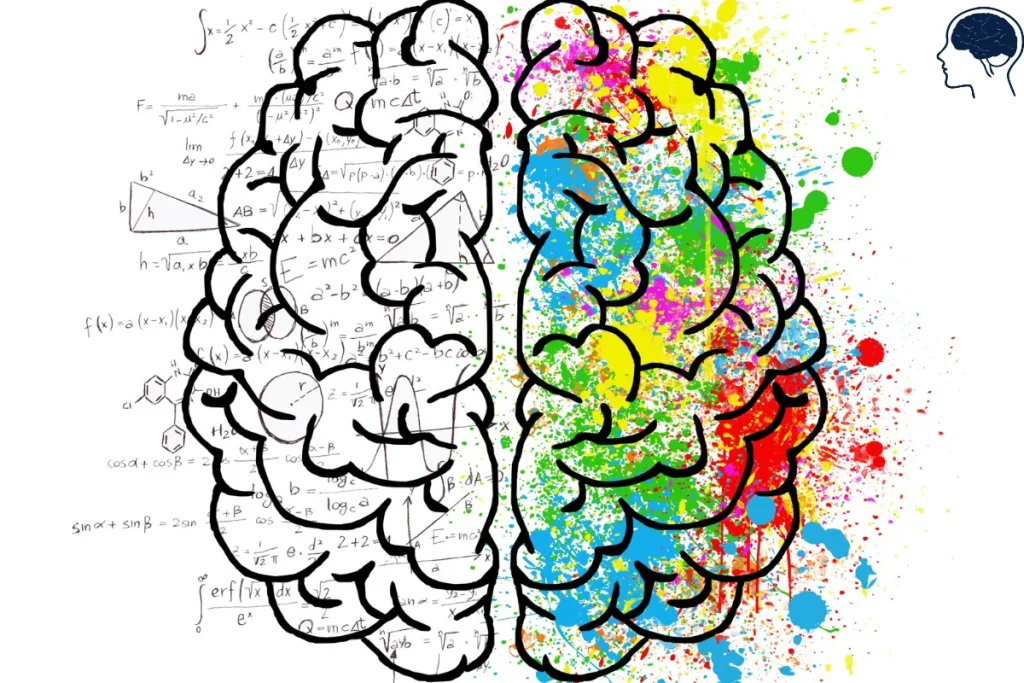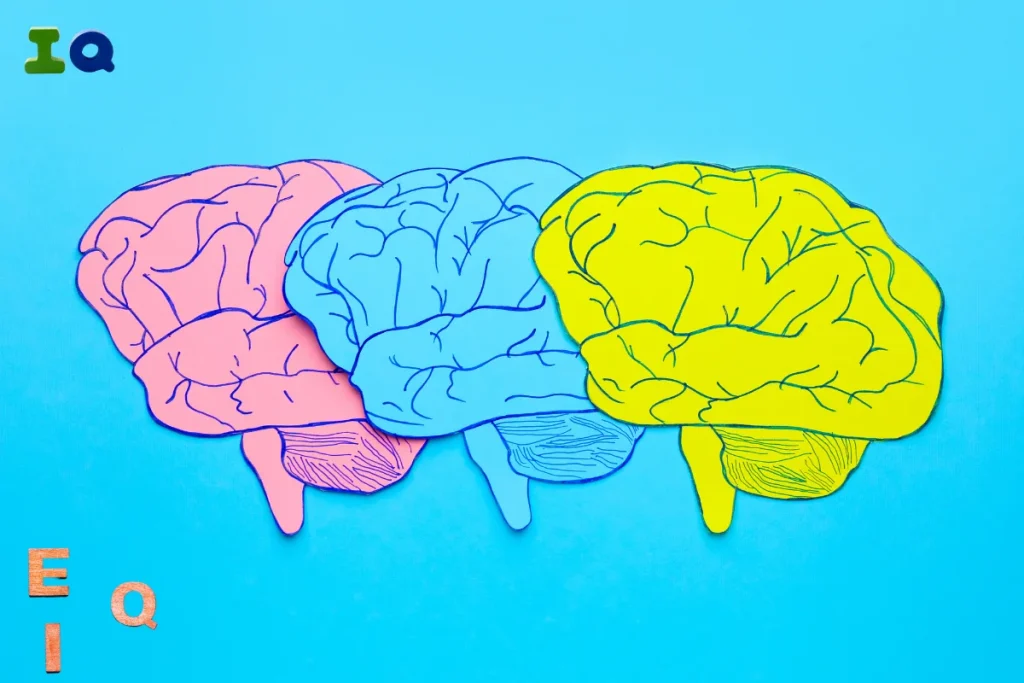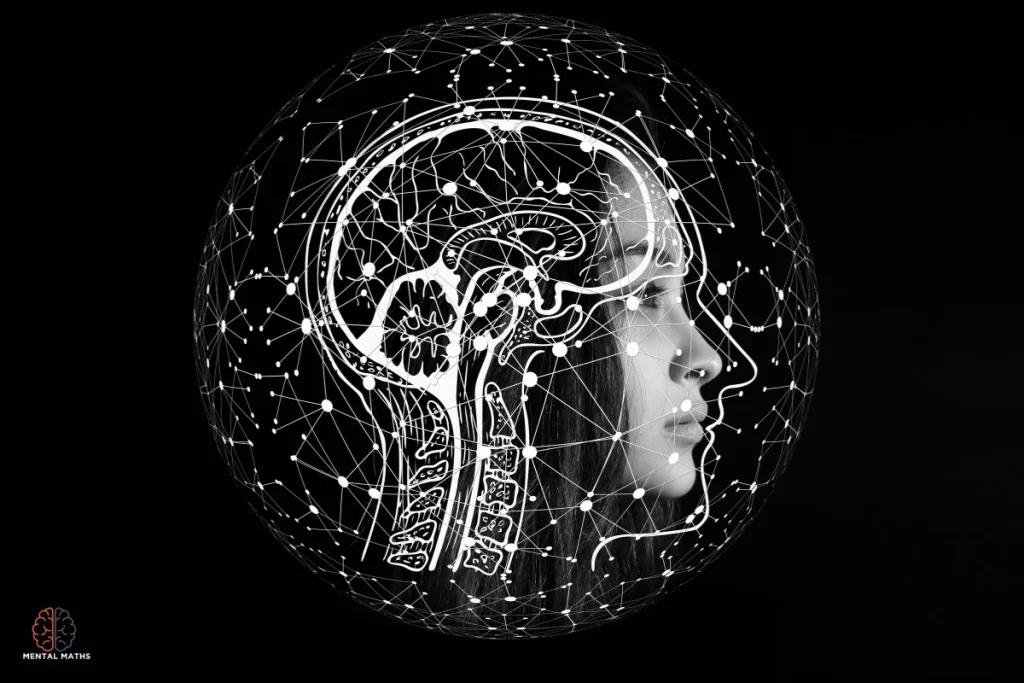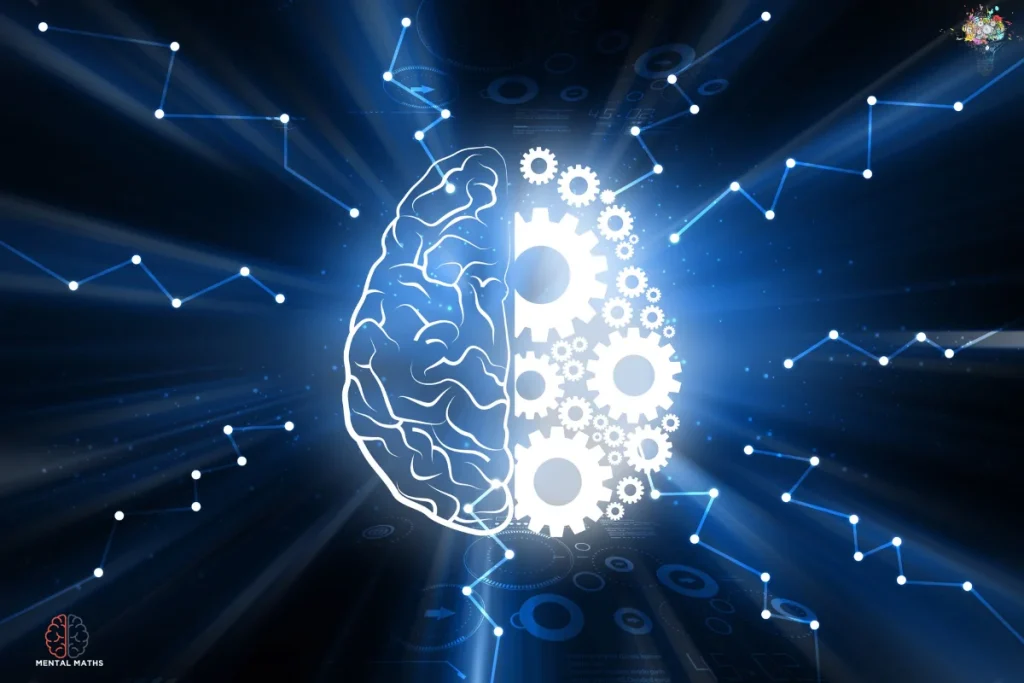Learn the Hacks of Mathematics!
Learn, grow, discover & explore
What is Mental Math?
Mental math is the art of performing mathematical calculations in your mind without seeking help from external tools like calculators, computers, pens, pencils, and paper.
It is also known as “Cálculo Mental,” “Calcul Mental,” and “Kopfrechnen” in Spanish, French, and German, respectively.
Mental math has other names like mental arithmetic, mental calculation, and mental method. All these are similar to each other; simply solve mathematical problems with the brain without any external help.

Basic Mental Math Techniques

Decomposition Method
Number Patterns
Approximation & Adjustment

Why Mental Math is Important?
Mental math is an important form of math that helps kids and adults to drive through everyday math challenges! It usually helps us to get faster, accurate, and valuable answers. It also develops problem-solving skills that promote faster calculations. Through it, students of different classes become able to analyze number systems and recognize the patterns they make.
Mental math is not much difficult—you just need to hold a few numbers and tricks in your brain to handle the situation—it’s an essential tool for human empowerment. In an age of being in control of artificial intelligence and smart devices, the ability to rely on one’s mental faculties for calculations symbolizes independence and intellectual resilience.
Other Mental Math Related Articles
What Are Logical Operators in Math? Definition, Examples & Applications
Relational Operators: Definitions, Symbols & Uses
Boolean Logical AND Operator (&&) : Definition, Truth Table
Rules of Logarithms: Concepts, Tips, Examples & Application
Logarithms: Definition, Properties, and Real-Life Applications



A Real-life Example:
You’re in a crowded grocery store, pushing your cart through the aisles. You promised yourself to stick to a $25 budget, but the temptation of adding a few extra treats is real. You grab a loaf of bread for $6.50, a carton of milk for $4.50, a bag of apples for $9.50, and a box of cookies for $3.99.
Before heading to the checkout, you mentally calculate to ensure you’re within budget. Here’s how you break it down:
- First, round the numbers for simplicity: $3.99 ≈ $4.00
- Add the numbers: $6.50 + $4.50 + $9.50 + $4 = $24.50.
You feel pretty confident you’re on track. At the register, the total comes to $24.50—right in line with your estimate. The sense of achievement is unmistakable. It’s proof that mental math isn’t just a classroom skill—it’s a real-world superpower. And it’s not just a calculation; it’s a confidence boost that echoes into the rest of your day.
How do Mental Maths Strategies Help?
Mental math is the ability to perform mathematical calculations in the mind without using external tools. This skill enhances problem-solving skills, boosts confidence, and improves cognitive abilities. This skill is widely used in daily life, from budgeting at the grocery store to estimating travel time.
Mental math strategies, such as breaking down numbers, rounding and adjusting, doubling and halving, estimation, and recognizing number patterns, make calculations simple, faster, and more efficient. It connects abstract math concepts to modern real-world applications, empowering individuals in academics, careers, and everyday decision-making.

Features and Benefits of Mental Math
1. Confidence and Self-Reliance
It empowers individuals to solve problems effortlessly without gadgets.
It builds a sense of independence and emotional empowerment.
2. Critical Thinking and Decision-Making
Sharpens analytical abilities and decision-making skills.
Enhances reasoning and problem-solving in various life scenarios.
3. Speed and Efficiency
It trains the mind to process information swiftly.
Through mental math, you can improve reaction times in calculations and increase the accuracy of results.
4. Cognitive Benefits
It enhances focus, memory, and logical reasoning.
It reduces math anxiety and boosts confidence.
5. Practical Application
This skill connects numbers to everyday life (e.g., splitting bills, estimating travel time).
It makes math applicable to personal finance, academics, and social interactions.
6. Emotional Rewards
You can transform math from frustration into a source of joy and accomplishment.
You will have the unparalleled happiness of solving complex problems with ease.
7. Bridging Abstract and Real-World Math
It links abstract mathematical concepts to real-life scenarios.
It demonstrates how math is integral to understanding and navigating the world.
8. Careers and Opportunities
It is applicable in academics, careers, personal growth, and everyday problem solving.
It prepares young minds for both present and future challenges.
How Do Mental Maths Help in Different Fields?
Mental math is a powerful skill that needs to be extended beyond basic calculations. It plays a crucial role in various professional fields. It is difficult to cover all the fields in depth. Here is this article but here is the discussion about these fields:
Finance & Accounting
It helps in estimating expenses, calculating interest rates, and managing personal or corporate finances without relying heavily on external devices.
The traders and analysts use mental math for calculating percentages, risk assessments, and profit/loss evaluations.
It enables accountants and financial planners to determine taxes, discounts, and profit margins in a short time and efficiently.
Engineering & Physics
The engineers frequently estimate measurements, material quantities, and structural calculations on the site before using precise instruments.
Mental math allows engineers and physicists to convert the units like inches to centimeters and miles to kilometers without any extra effort.
In the field of applied physics and mechanics, professionals simplify and approximate large calculations mentally before verifying with any device or software.
Computer Science and Programming
Many programmers use mental math to optimize code, evaluate time complexity, and debug calculations efficiently.
This skill helps in quick number conversions between decimal, binary, and hexadecimal systems that are essential in low-level programming and cybersecurity.
In modern AI calculations and data science, data analysts mentally estimate statistics, probabilities, and data trends to speed up decision-making.
Business & Marketing
In the field of business, business owners and marketers first roughly estimate revenue, growth percentages, and advertising ROI mentally.
Dealers and retailers use quick mental maths to determine price markups, discounts, and profit percentages.
Time and resource management are important in business; mental math helps in scheduling, efficiency calculations, and workload distribution.
Medicine & Pharmacy
In the field of medicine, it is necessary for a doctor and pharmacist to provide the correct amount of medication dosages, especially in emergency situations. Mental math helps to estimate the correct dose.
Quick and estimated assessments of heart rate, BMI, and medication timing are crucial for healthcare professionals.
In medical research, firstly researchers estimate probability models and data trends in studies without relying solely on software.
Sports & Athletics
In sports, coaches and athletes calculate speed, endurance, scores, and averages mentally during games.
Global Competition of Mental Math
How Does Mental Maths Improve Mathematical Concepts?
Mental math is not limited to simple calculations. It connects with broader mathematical concepts. For instance, it simplifies the concepts of operators and operands. It is useful for solving fractions, percentages, ratios, squares, and square roots and also identifies cubes and cube roots.
Math is the language of logic, patterns, and relationships among different numbers. And not limited to numbers, it’s about mastering concepts like addition, subtraction, multiplication, and division, all while exploring shortcuts such as mental math tricks for arithmetic. Imagine calculating percentages, handling long division, or working with decimal places effortlessly in your head—it’s a confidence booster like no other.
A true core of mental math is number sense, where improving important concepts like place value, number lines, and rounding unlocks a natural relationship with numbers. Recognizing even and odd numbers, developing concepts of prime and composite numbers, and identifying negative and whole numbers form the building blocks of faster, more accurate calculations.
Beyond the basics, math reveals its elegance in advanced calculations. The beauty of mental math lies in its universal applicability. Math champions, from students preparing for competitive exams to professionals in data-heavy industries, master these skills.
Conclusion
From grocery budgeting and bill splitting to time management and currency conversion, it simplifies decision-making in ways that save time and reduce stress—the journey of mathematics has been intricately woven into our collective story.
At its core lies the practice of mental math—a skill that transcends generations and continues to resonate deeply with human intellect and creativity. These skills are especially valuable in fields like engineering, finance, and computer science, where precision and speed are crucial.
Frequently Asked Questions (FAQs)


